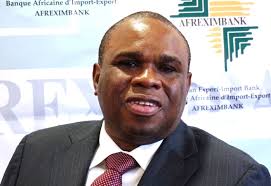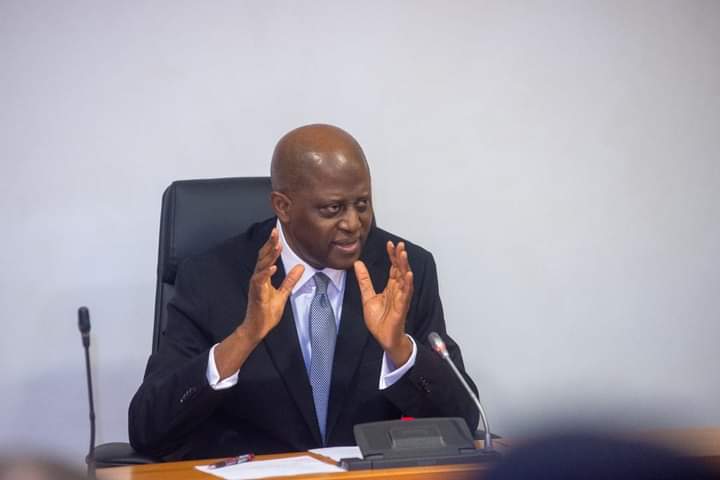The Ghanaian cedi recently experienced a significant GHS16 to GHS10 appreciation against the US dollar.
Bloomberg reported that the cedi has appreciated nearly 16 percent against the US dollar since the start of April 2025.
This marks a remarkable turnaround from its previous status as one of the worst-performing currencies in Sub-Saharan Africa in 2024.
Factors contributing to the appreciation
Increased gold and cocoa exports – Ghana has benefited significantly from the surge in gold prices on the international market.
The price of gold rose from around US$2,000 to approximately US$3,400 per ounce by May 2025. This increase in gold prices has led to higher export revenues, with an estimated US$11.6 billion in gold export revenues in 2024, up from US$7.6 billion in 2023.
Additionally, cocoa prices have remained elevated, contributing to the overall increase in foreign exchange earnings. The formalisation of the small-scale gold mining sector has also led to a notable rise in export volumes, further boosting foreign exchange earnings and supporting currency stability.
Policy interventions by the Bank of Ghana –
The Bank of Ghana has played a crucial role in supporting the cedi through targeted interventions.
In April 2025, the central bank injected US$490 million into the foreign exchange market, helping ease demand pressures and meet forex needs.
This move led to a 5.3percent month-on-month appreciation of the cedi against the US dollar, bringing its year-to-date gain to 7.44 percent.
Temporary suspension of external debt servicing – Ghana’s ongoing Debt Restructuring Programme has temporarily suspended external debt servicing. Since the last payment in January 2025, the government has paused foreign currency-denominated debt repayments, with the next scheduled payment due in July 2025.
This break has reduced the demand for forex typically required to meet debt obligations, thereby alleviating downward pressure on the cedi in the interim.
Weakening US Dollar –The recent depreciation of the US dollar, driven by investor uncertainty over newly imposed reciprocal tariffs and fears of a potential recession, has eased global demand for the currency.
For Ghana, this shift has reduced external exchange rate pressures, contributing to the cedi’s relative stability and recent appreciation.
Renewed confidence in the Ghanaian economy – The appreciation of the cedi is also attributed to renewed confidence in the Ghanaian economy, driven by prudent and credible fiscal and monetary policies implemented by the government and the Bank of Ghana











